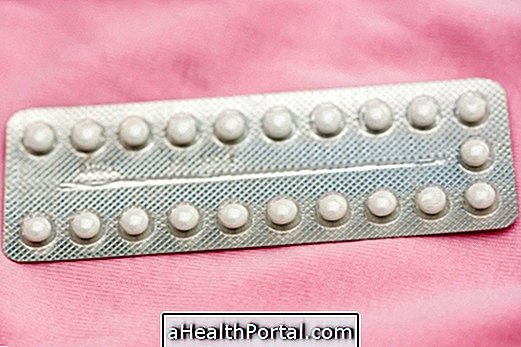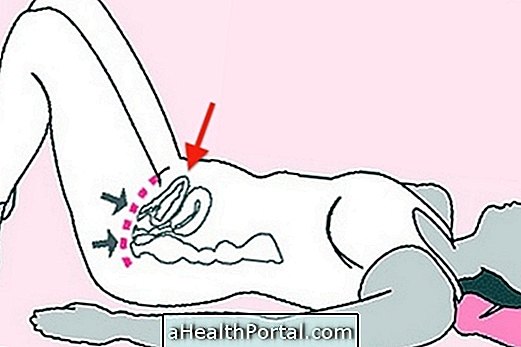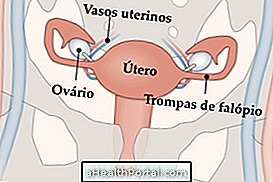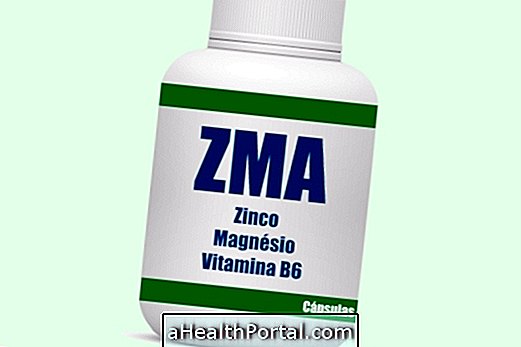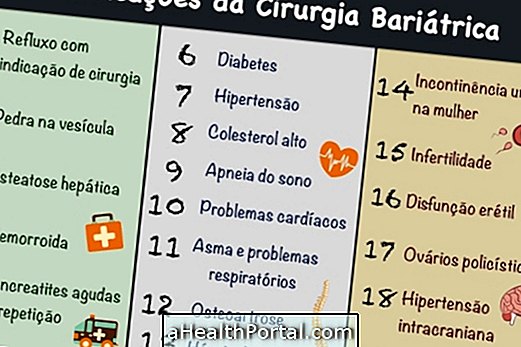Dimenhydrin is the main drug component of Dramin from TAKEDA PHARMA laboratory.
Dramin can be found in tablet form containing 100 mg dimenhydrinate in packs of 20 and 400 units, and also in 120 ml Oral solution (Solution contains sugar), each containing 5 ml contains 12, 5 mg dimenhydrinate.
Dramin indication
Relief or elimination of general nausea and vomiting, including post-operative pregnancy, in the treatment and prevention of nausea caused by sea, land and air travel in labyrinthine and vertigo in general.
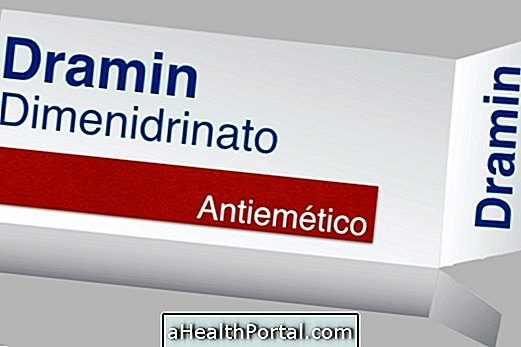
How to use Dramin
- Tablets:
Adults and adolescents over 12 years: half to 1 tablet (50 to 100 mg) every 4 to 6 hours, do not pass 4 tablets (400 mg) in 24 hours.
- Solution:
Above 2 years of age: 1.25 mg of dimenhydrin / kg body weight, which corresponds to 0.5 ml of the Solution / kg body weight, do not exceed the maximum daily dose, according to the following information:
- From 2 to 6 years - 5 to 10 ml (12.5 to 25 mg) every 6 to 8 hours, do not pass 30 ml (75 mg) in 24 hours;
- From 7 to 11 years - 10 to 20 ml (25 to 50 mg) every 6 to 8 hours, do not pass 60 ml (150 mg) in 24 hours;
- + 12 years - 20 to 40 ml (50 to 100 mg) every 4 to 6 hours, do not pass 160 ml (400 mg) in 24 hours.
Price of Dramin
The Dramin of 100mg tablets, with 20 units can be found entered between approximately 5.00 to 7.00 reais. The Dramin 120 ml solution can be found in the approximate values of 15.00 to 19.00 reais.
Contraindication of Dramin
At dosage, tablets should not be given to children younger than 12 years. The solution should not be administered to children younger than 2 years. Known hypersensitivity to the components of the formula.
Adverse effects of Dramin
Side effects are usually mild, for example: drowsiness, sedation and even sleep, varying their incidence and intensity from patient to patient, rarely requiring suspension of medication. Dizziness, visual turbidity, insomnia, nervousness, dry mouth, throat, respiratory tract and urinary retention may also occur.


